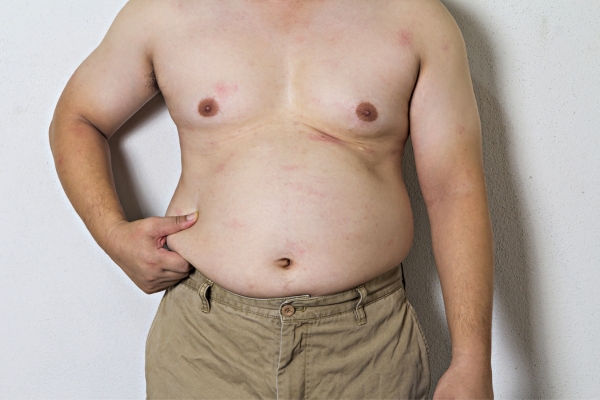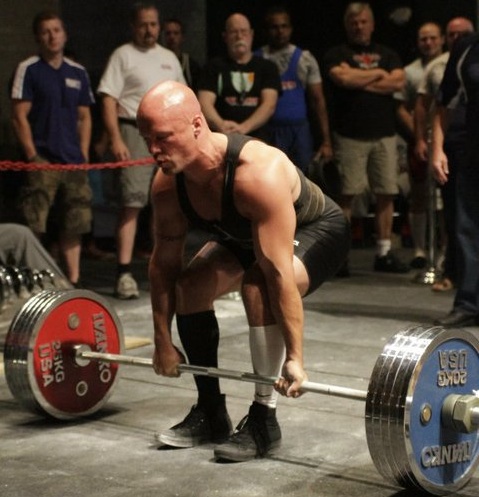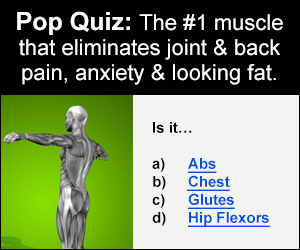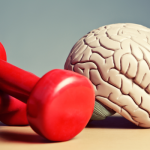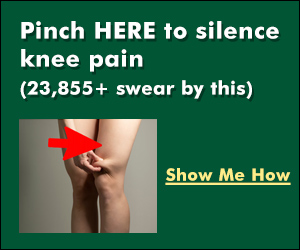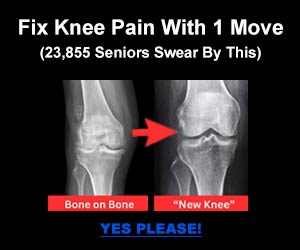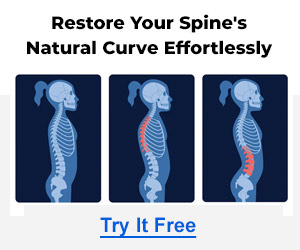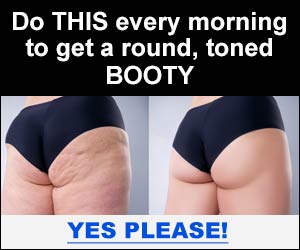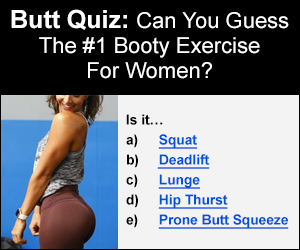It is pretty obvious that no guy wants to have man boobs and I’m not talking the Arnold Schwarzenegger kind either.
First off, they look awkward and as you know appearance means a lot to most people.
Secondly, they are a sign that something hormonally is wrong with your body.
Unfortunately many men do suffer from this issue and I can guarantee that if you ask any one of them if they would like breasts or not, none of them would want to have breasts.
We live in a society that glorifies looks. Especially for those in the population groups of early teens and aging men.
Your ‘looks’ are something that are often ‘looked’ at with very judgmental eyes, the judge being the individual.
Then when you throw in something that is not natural looking in this demographic, there is only going to be negative feedback given from the individual and that will most likely lead to self-esteem issues.
It could possibly bring motivation as well since the individual might want to do something more about it. This could potentially bring one to focus more on improving their health, it could also mean that they eat better, but it also could mean that they need to reflect more on what brings satisfaction and real joy.

Unfortunately many people do take looks seriously but sometimes what’s happening on the inside is what really matters.
The medical term for man breasts is gynecomastia. Young boys with gynecomastia have shown lower scores on general tests of standard quality of life assessment, indicating problems in several areas.
Even after adjustment for weight and body mass index (BMI), the patients had lower scores for general health, social functioning and mental health. They also had lower scores for physical health, but this was attributed to being overweight.
Breast enlargement can also be associated with lower levels of self-esteem in adolescent boys. This, along with impairment in emotional areas of quality of life, appeared directly related to gynecomastia, rather than being overweight.
Boys with gynecomastia also scored higher on a test of attitudes toward food and eating. However, there was no difference in the rate of clinical eating disorders between groups.
There is Good News Though if You or Someone You Know Has Male Breast Enlargement!
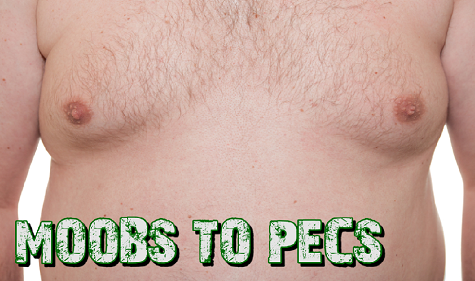
The good news is that gynecomastia is not always a true health threat. But with that said, you do not want to take this condition lightly. Certain conditions, even ones considered rare, should still be looked at by a professional to rule out any other health issues associated with gynecomastia.
In some men, it can be a sign of an overactive thyroid, cirrhosis of the liver, a genetic problem, or some cancers.
One of the largest studies conducted to date pooled data from studies of about 2,400 men with breast cancer and 52,000 men without breast cancer and confirmed that risk factors for male breast cancer include obesity, a rare genetic condition called Klinefelter syndrome, and gynecomastia. The results of this work appeared Feb. 19, 2014, in the Journal of National Cancer Institute [1].
It was determined within this study that gynecomastia, independent from both Klinefelter syndrome and obesity, was associated with a 10-fold increased risk of breast cancer in men.
Gynecomastia can also be a sign of low testosterone and/or elevated estrogen levels. If you are unfamiliar with what testosterone does in the body it controls a variety of “man” functions that are pretty much exclusive to men.
Testosterone is a steroid hormone that stimulates development of male secondary sexual characteristics, produced mainly in the testes, but also in the ovaries and adrenal cortex.
Functions like growth of body hair and sexual function are also impacted from testosterone.
Low testosterone is diagnosed when levels fall below a normal range (300 – 1000 ng/dL). A myriad of symptoms can occur if testosterone production drastically drops.
Signs of low T (also called hypogonadism) are often subtle and can be mistaken for a natural part of aging.
Because testosterone plays a role in the building and strengthening of muscle, men with low testosterone might notice a decrease in both muscle mass and strength.
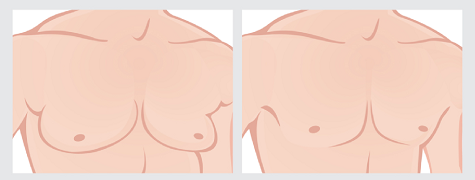
Those who try to prevent the muscle loss through weight training might find it difficult to build and repair muscle. Men with low T may also see increases in body fat. Hence, leading to what could potentially be gynecomastia if left untreated or uncontrolled.
Although the reasons behind growth of fat tissue within the breasts are not completely clear, research suggests that testosterone influences the way your body stores fat in this area of the body.
Certain medications can also cause gynecomastia and when you start taking different types of medications there are obvious side effects with anything that is foreign to the body.
There are side effects from steroids like enlarged breasts and a tender puffy nipple area which is fairly common among many high level competitive bodybuilders.
You definitely want to be aware of the side effects for whatever drugs you are taking either over-the-counter or prescribed. Do your research and make sure these effects are acceptable.
If you have enlarged man breasts, seek professional care and confront the issue as soon as possible.
Click HERE to Discover the
7 Worst Testosterone Killers
By Brian Klepacki, MS, CSCS, CISSN, FMS

